Providing a Safety Net for Unexpected Events
Accident insurance can shield your employees from the unexpected, offering peace of mind and financial protection. Equip them to handle life's curveballs, no matter what comes their way.
When an employee suffers an injury, it can lead to both mental and financial strain. Accident insurance helps alleviate this burden by covering the costs of accident care, recovery, and even treatment-related travel and accommodations.
Securing a Safety Net for Your Employees and Your Business
Accident insurance empowers employees to manage unexpected medical expenses related to accidents. When an employee experiences a covered accidental injury, this insurance can help offset costs not covered by their primary medical insurance, like co-pays and deductibles. This makes it a valuable complement to high-deductible health plans.
Offering employee-funded coverage expands benefits for your workforce without impacting your budget. Everyone benefits:
Flexible Options.
Employees can choose coverage for themselves or extend it to their spouses and children.
Direct Payment.
Benefits are paid directly to the employee (unless otherwise indicated), allowing them to use the funds as needed.
No Medical Underwriting.
Employees can secure accident coverage without answering health-related questions.
HSA-Compatible.
All accident plans are compatible with Health Savings Accounts.
Wellness Incentive.
An annual wellness benefit encourages proactive health management through routine checkups and preventive testing.
Additional Benefits.
Optional benefit packages, including Active Lifestyles, Behavioral Health Therapy, Personal Safety Benefit, and a Building Benefit (which increases coverage value over time), can be available.
To learn how accident insurance can enhance your employee benefits and prepare them for unforeseen events, contact your Colonial Life sales representative today.
Our accident insurance is meticulously designed to meet the needs of both employers and employees, offering a mutually beneficial solution.
For Employers and HR Professionals:
Create a competitive benefits package that attracts and retains top talent without increasing company expenditures.
Manage rising insurance costs through voluntary benefit programs and explore potential savings strategies.
Simplify the enrollment process for all your benefits, including traditional medical plans, by partnering with our nationwide team of experienced benefits advisors.
Reduce administrative workload by leveraging our streamlined enrollment solutions and 24/7 support.
For Your Employees and Their Families:
Prioritize health and recovery with less financial worry.
Receive direct benefit payments (unless they specify otherwise) that can be used as needed, regardless of other insurance coverage.
Select coverage options for themselves and qualified dependents.
Take advantage of portable policies, allowing them to maintain coverage even when their employment changes.
FAQS
What is the difference between term life insurance and whole life insurance?
Term life insurance provides coverage for a specified term, typically 10, 20, or 30 years. It offers a death benefit to your beneficiaries if you pass away during the term, but it doesn't accumulate cash value. Whole life insurance, on the other hand, provides lifelong coverage and includes a savings component that builds cash value over time. While term insurance is usually more affordable, whole life insurance can serve as both protection and a long-term investment.
How does cancer insurance differ from my existing health insurance?
Cancer insurance is designed to provide additional financial support specifically for cancer-related expenses that may not be fully covered by your health insurance. It can help with costs like treatment, medication, travel, and even lost wages due to illness. While health insurance covers a wide range of medical expenses, cancer insurance focuses on providing targeted financial assistance for the unique challenges posed by a cancer diagnosis.
How does health insurance work in a group plan?
Group health insurance is typically provided by employers to their employees. In a group plan, the employer negotiates with an insurance provider to offer coverage to all eligible employees. Employees usually share the cost of premiums with their employer. Group health plans often provide comprehensive coverage and lower premiums than individual plans. When you need medical care, you'll typically pay a portion of the costs (such as copayments or deductibles), and the insurance plan covers the rest. Group health insurance is a valuable employee benefit and helps individuals access essential healthcare services at a reduced cost.

